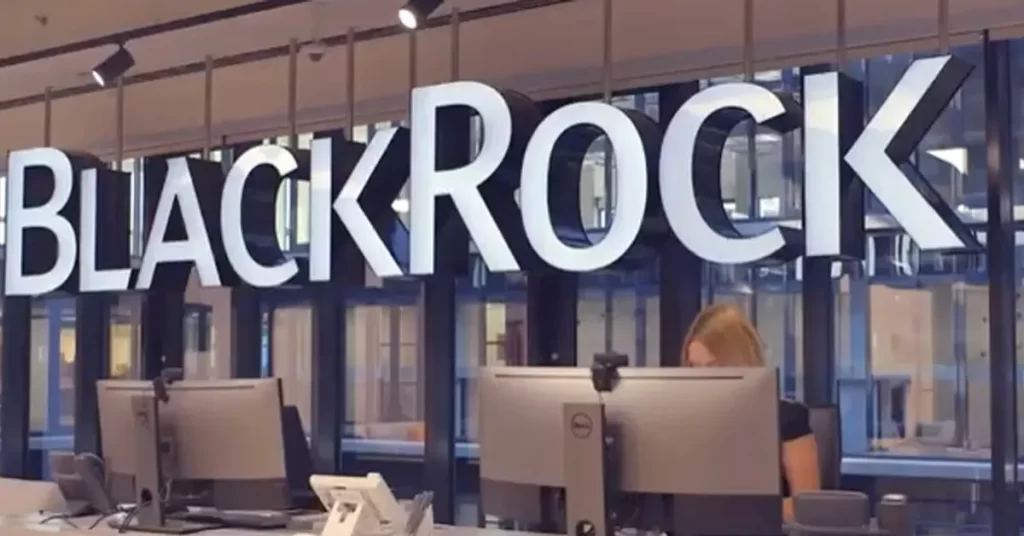BlackRock’s $150B Fund Goes Crypto: Blockchain-Powered Share Class Shakes Up Traditional Finance
Wall Street’s sleeping giant just woke up—and it’s holding a blockchain ledger. BlackRock launches digital share class for its $150 billion fund, proving even boomer money can’t ignore the efficiency of distributed ledgers.
The move? A quiet revolution. Traditional custody gets sidelined as investors gain near-instant settlement—no more waiting three days to prove you own what you already bought.
Cynics’ corner: Funny how ’disruptive tech’ suddenly becomes legit when it saves institutional players millions in back-office costs. The future’s here—just wearing a suit and tie.

BlackRock, the leading asset manager, has filed with the SEC to launch a blockchain-based digital share class, called DLT Shares, for its $150 billion Treasury Trust Fund.
Bloomberg ETF analyst Henry Jim revealed that DLT Shares will be exclusively sold through BNY Mellon, which plans to use blockchain technology to track ownership. The offering targets institutional investors, with a minimum investment of $3 million.
Wow! BlackRock filed for Digital share class (DLT Shares) of their $150 billion money market fund (not an ETF)
BlackRock Liquidity Funds | DLT Shares
ticker/fees: tba
The DLT Shares are to be sold via BNY Mellon only, who intend to use Blockchain to mirror ownership, possibly… pic.twitter.com/RkVU8XmEkU
The Treasury Trust Fund aims to keep a significant portion of its assets in highly liquid investments, such as cash and short-term government securities, to maintain a stable $1 per share value. This system may be a test or early step toward using blockchain for digital currencies or cash transactions in the future.
The fund avoids illiquid securities and will notify investors of any policy changes. As of April 29, 2025, BlackRock’s Treasury Trust Fund, part of the BlackRock Liquidity Funds, held around $150.1 billion in assets.
Larry Fink Says Tokenization Could Reshape Finance
BlackRock’s recent move matches CEO Larry Fink’s recent remarks on how tokenization could change investing. In a recent letter to investors, Fink explained that tokenization could speed up transactions, remove delays, and quickly reinvest money back into the economy to help it grow.
Fink also said that the main challenge with tokenized assets is the lack of proper identity checks. Once that is fixed, he thinks that the tokenised funds could become as familiar as ETFs. Other big companies like JP Morgan, State Street, and Franklin Templeton are also exploring blockchain for tokenized funds.

